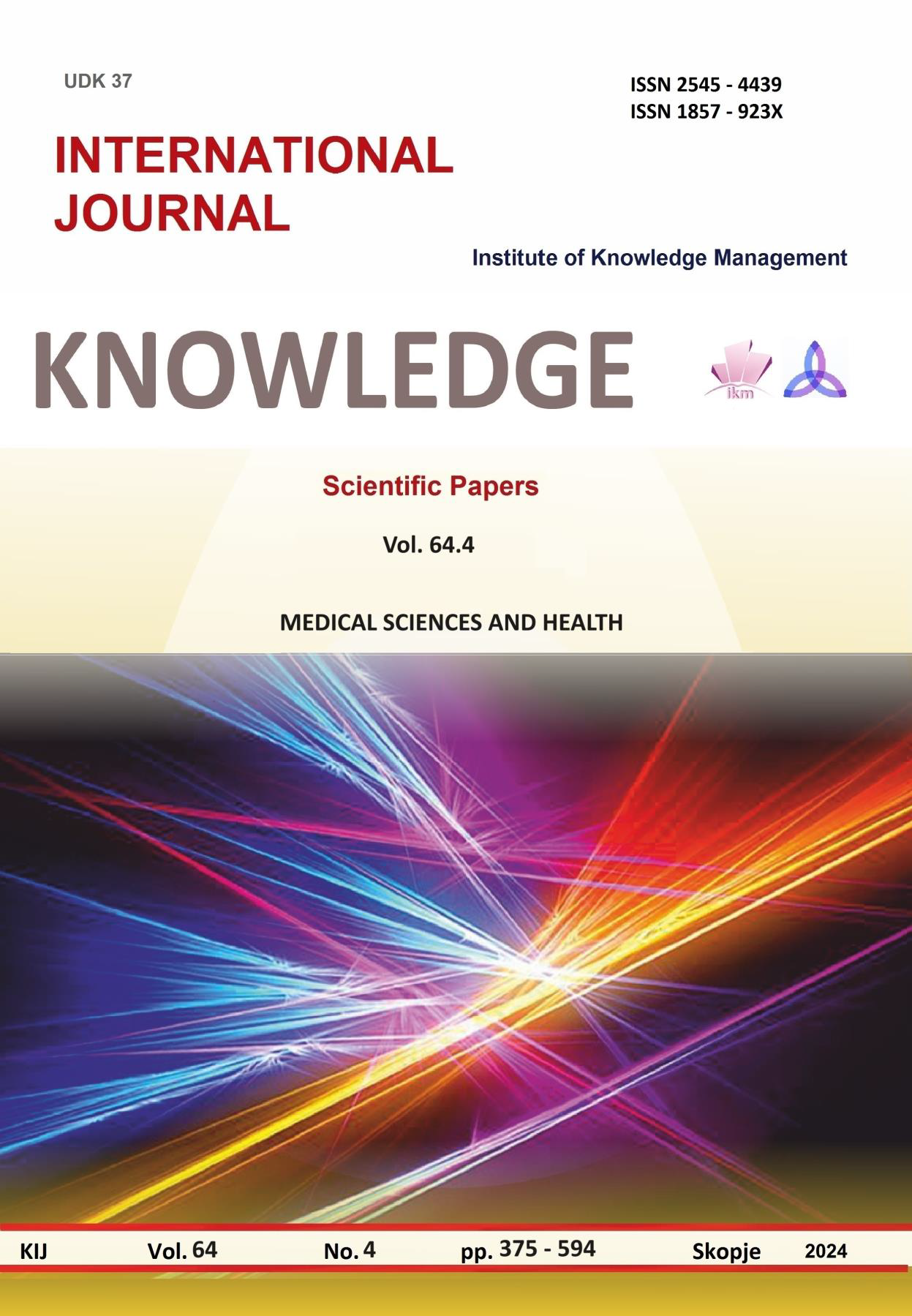PREHOSPITAL HEALTHCARE FLOOD RELATED CHALLENGES 2022 FLOODING LESSONS LEARNT
PREHOSPITAL HEALTHCARE FLOOD RELATED CHALLENGES 2022 FLOODING LESSONS LEARNT
Author(s): Vasil Topalov, Svetoslav Georgiev, Rumyana EtovaSubject(s): Environmental Geography, Health and medicine and law, Welfare services
Published by: Scientific Institute of Management and Knowledge
Keywords: Flood;prehospital medical healthcare;disaster relief operations;disaster medical support
Summary/Abstract: On Second September 2022 several villages in Karlovo municipality were affected by heavy, torrential rains. The rain lasted above 8 hours. The extreme rainfall of average 191 l/m2 resulted in flooding of 8 villages, three of them were devastated by the tidal water wave above two meters. Majority of the infrastructure – roads, bridges, houses were heavily affected. Parts of the villages were inaccessible. Electricity and water distribution systems were damaged and nonoperational. Above two hundred homes were buried along the streets and administrative buildings under meters of mud, timber and other river sediment waste. Many families remained homeless and required urgent evacuation and shelter. From the beginning of the disaster relief operation various structures and agencies were involved. The coordinated efforts of the Karlovo municipal and Plovdiv provincial administration authorities were enhanced by several units of the Bulgarian armed forces and the Sofia Directorate Fire Safety and Civil Protection. Great number of voluntaries, into the weekends their number exceeded even 2000, also supported the recovery operations into the area damaged by the waters. The main priority was assuring the life and health safety of the affected population, but this required rapid recovery of the critical infrastructure and unified efforts at national level. The objective of this study is to analyze and present the challenges faced by the healthcare authorities into provision of the medical support to affected by the flooding population and maintain the healthcare provision within the area of flood damage during the long lasting period of recovery operations. In order to achieve the set objective a thoroughly analyses of all the reports and media coverages were performed. Means of the descriptive and comparative method were applied for reveling the main groups of challenges that arose during the disaster response and recovery phases. Based on the results of the performed analyses several groups of challenges related to the prehospital medical care were noted. The flood has resulted with no fatalities, but a lot of difficulties into medical information exchange, triage and evacuation at the response phase have to be highlighted. Most of the patients on long-term treatment and patients with exacerbated by the disaster occurrence chronic diseases were evacuated without medical monitoring on board of the available, not sanitary, vehicles. In the aftermath of the disaster the distribution of drugs and pharmaceutical products was significantly jeopardized, as well as the medical support to the citizens, the search and rescue teams and voluntaries in the flooded area. The recorded shortfalls into medical support have to be more precisely examined and respective changes into the planning for medical aid provision to the regions prone to floods have to be implemented.
Journal: Knowledge - International Journal
- Issue Year: 64/2024
- Issue No: 4
- Page Range: 575-579
- Page Count: 5
- Language: English

